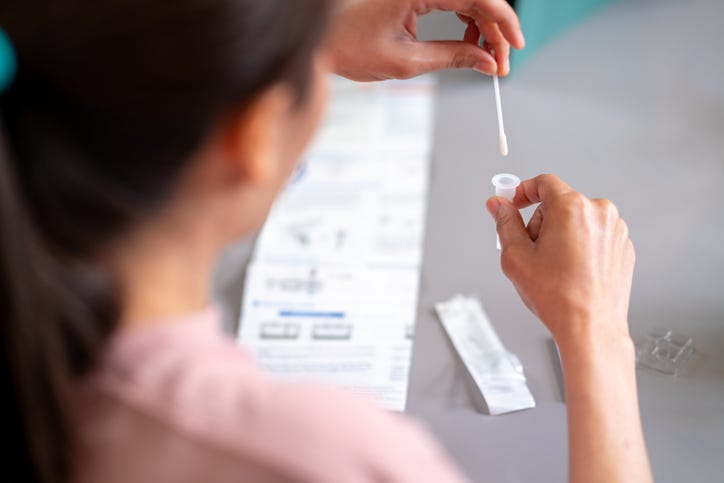
Federal funding for testing is drying up and testing sites could be shutting down. That would make getting a PCR test more difficult. It would also mean we won't know which variants are circulating.
Epidemiologist Dr. Catherine Troisi with the UT School of Public Health in Houston says with testing sites shutting down and people will rely on the less sensitive, at-home Antigen test.
"Most people, I would think 99.9% of people who test positive at home are not going to report that to a public health agency. In fact, my grandson, three years old, just tested positive in Austin. They're not reporting it. Most people don't know how to report it. What that means is we don't have a good sense of what's going on in the community."
She notes Covid mutates faster than the flu. "We've never seen a virus that's mutating as fast as SARS COV2."
She says we are lucky that we have not had a variant that causes more severe disease. And notes while cases are down, but there's no guarantee they'll stay down.
She says a little more than two years ago, when we hardly had any tests at all, we could not tell what was happening in the community. "Testing is the eyes of the epidemiologist. If the results aren't reported it's sort of the same thing."
The current dominant strain is BA.2. It's an offshoot of and slightly more contagious than Omicron. There have been a few cases of Omicron XE reported in Texas. It is a combination of the original Omicron and BA.2 that have been found in Texas, and it's even easier to get.
LISTEN on the Audacy App
Sign Up and Follow NewsRadio 1080 KRLD

